Why we should not lower the voting age
16-year-olds aren’t ready to vote.
November 19, 2018
Would allowing teens to vote at 16 have changed the midterm elections? Probably. After students began to use their voice in light of tragedies, such as the Parkland shooting, many politicians have acknowledged that teens aren’t simply focused on their social lives. They are worried about their futures and the future of the country.
Though this is true about the teenagers who have recently spoken out, they only make up a small portion of all teens ages 16 to 17 in the country. The majority of students in this age group aren’t informed about politics or only have an understanding of politics that is portrayed through social media and I believe we aren’t fully capable of making educated decisions that are different or independent from our parents and other adults around us.
Citizenship requires informed voting. Sixteen-year-olds are not informed.
The voting age was changed once before, in 1970, when Congress lowered it from 21 to 18. The idea behind this was that eighteen-year-olds are able to fight for their country but not able to decide who represents them. Today, there is no reason for a further change. As a sixteen-year-old, students are still legally required to attend school and are still generally under the care of their parents or guardians.
Takoma Park, Maryland; Greenbelt, Maryland; Hyattsville, Maryland; and Berkeley, California have all lowered their voting age to 16 for local elections. One reason that they did this is because they believe it will bring more people to the voting booths. Although it does create a larger group of people who are able to vote, it doesn’t mean that the ratios of eligible voters who vote to eligible voters who do not vote is guaranteed to increase. In Takoma Park’s 2013 election, only 17% of 16 to 17 year olds who were eligible voters actually voted.
When it comes to teen voting, one of the newest concerns is the effect that social media will have on the opinions of young voters.
Janvier Beaver, government teacher, said, “In teaching at Linganore High School for twelve years, I believe students are more interested in politics than any point in my career. Social media has definitely peeked students’ interest in politics.” But does that translate to informed voting?
A study by Joseph Kahne, professor of education policy and politics, and Benjamin Bowyer, senior researcher at the Civic Engagement Research Group, showed that there was a direct correlation between social media use and political affiliation. This can be seen as both positive and negative. It may help teens form their own opinions and easily align with a political party earlier, but it could also limit the views of teens to a particular party’s ideas.
Although students know more about politics due to easy access to social media, their views of politicians and issues can become confused.
Sophomore Gabby Llewellyn said, “I’m 16 and, theoretically, would be able to vote. I feel as though I am informed about politics, but not correctly. I only ever hear about politicians who people don’t like or make jokes about. Their views get twisted and changed around through social media and, therefore, I can’t get a good enough understanding or grasp on their actual views.”
Social media can also pressure students into voting without deeper examination. In a study by Ipsos Mori, a UK research group, more than a third of young people said that their vote was influenced by something that they had seen on social media.
The brain of a 16 year old isn’t fully developed. On average, brain development doesn’t stop until mid to early 20’s. Even at 18, views are still forming.
Biology teacher Beth Ericsson, said, “At 16, people are still so ruled by their amygdala, an area of the brain involved in emotions and not by the prefrontal cortex, an area involved in rational thinking and decision making. Even at 18, when people gain the right to vote, many are not fully capable of clear and rational thinking. Many people at this age vote based on parental influence and do not take the time to research each candidate for themselves.”
This means that even for an average 18 year old, voting is more ruled by emotion than rational thoughts and ideas. Therefore, having a 16 year old vote would be irrational itself.
I believe that instead of focusing on lowering the voting age, we should be focused encouraging eighteen-to-twenty-five-year-olds to vote. Voters in this age group are typically in college. In order to get more of these eligible voters to vote, we should help make it easier for them to vote at college while they are away from home. This would help solve our voting problems.


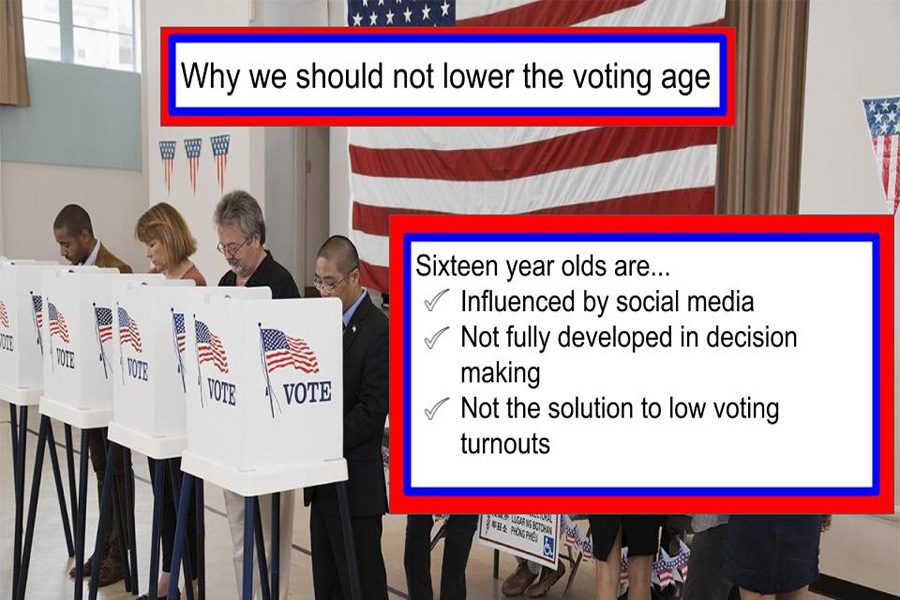

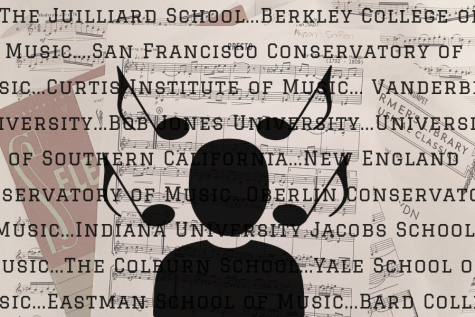
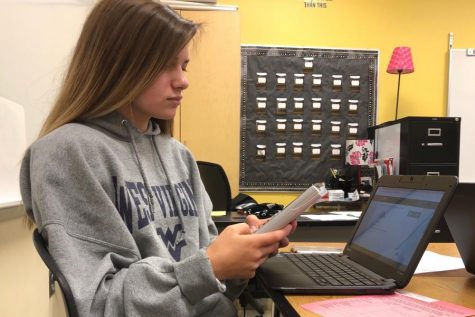
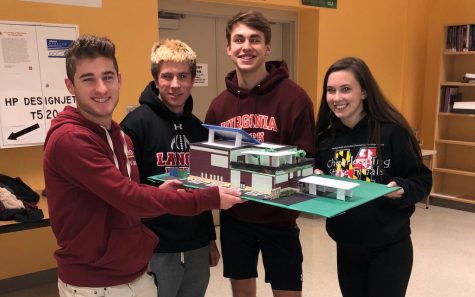
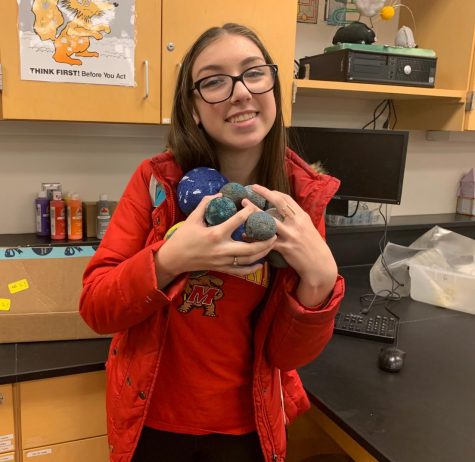
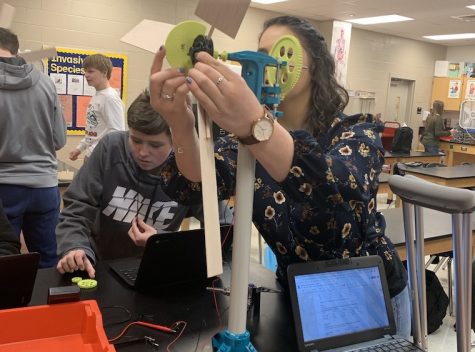

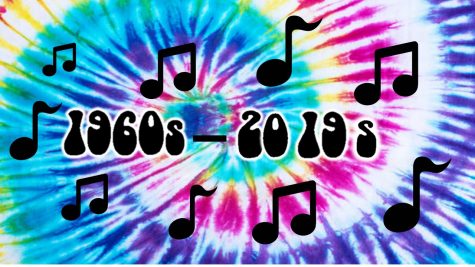
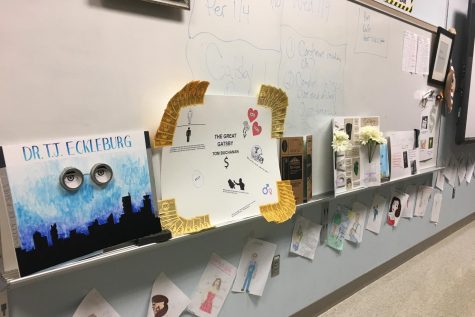

Ubana • Dec 6, 2021 at 4:03 pm
That is very true, in fact, I believe that young ones are very easily influenced by social media and that is just it. It was very well put.
Yahtziri Rios • Apr 1, 2021 at 3:39 pm
Hello, I completely agree with you. When I first heard about the idea of letting 16 year olds vote, I thought it was crazy. They are basically a little older than kids. I have head a lot of reasons saying that it will help them become more politically acitve but what good is that when they more than likely make impulsive decisions and have america under the influence of unexperienced, emotional teenagers. The bad most definitely weights out the good.
Ubana • Dec 6, 2021 at 4:04 pm
Thank you so very much.